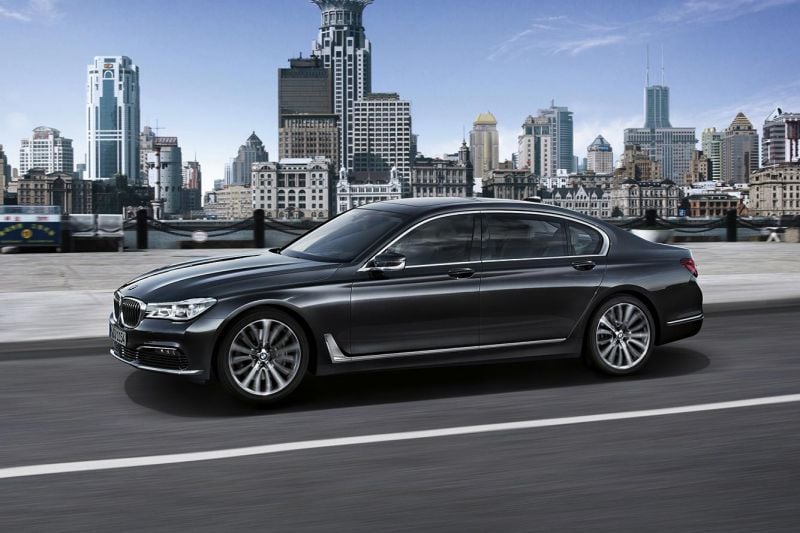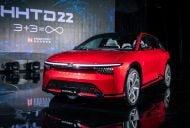China has hit back at trade restrictions against its electric vehicle (EV) exports by European and US lawmakers, suggesting it could introduce its own high tariffs on imports.
Earlier this month, the US Government signed off on a new policy which will see EVs made in China hit with tariffs of 100 per cent, up from its previous tariff of 25 per cent.
The European Commission has yet to introduce tariffs, beyond the existing 10 per cent levy for vehicle imports, to bring Chinese EVs closer in line with the price of similar models made on the continent.
It has, however, launched a probe into whether Chinese carmakers have been given a leg-up from the country’s government through subsidies.
In response to the actions of European and US lawmakers, Liu Bin – chief expert of the China Automotive Technology & Research Centre and deputy director of China’s Automotive Strategy and Policy Research Centre – proposed the introduction of a 25 per cent tariff on certain vehicles from the regions.
“We suggest that based on the actual situation of China’s auto consumption and WTO rules, China should promote green and low-carbon car consumption through short-term and long-term measures,” Mr Bin told China’s Global Times.
“In the short term, we suggest raising the temporary tariff rate on imported sedans and sport utility vehicles (SUVs) that have engines larger than 2.5litres, so as to reduce imports and guide consumption expectations.”
According to the publication, approximately 250,000 vehicles with engines displacing 2.5 litres and above were imported into China last year, accounting for 32 per cent – or almost one-third – of the nation’s total car imports.
Imports also account for about 80 per cent of China’s sales of cars with 2.5-litre and larger engines.
It’s not yet clear whether the proposed 25 per cent tariff would be on top of China’s existing 15 per cent tariff for European-sourced cars, or if it will merely be a 10 per cent increase.
Mr Bin also warned the tariffs introduced against Chinese EVs in regions such as the US were not only against World Trade Organisation rules but could limit access to cleaner vehicles.
“We also noticed that certain countries and regions have taken some restrictive measures in the EV sector, which run counter to the green development concept and violate market economy principles and WTO rules,” he added.
“Such measures will only hurt the interests of their own consumers and undermine global efforts to promote the green transition and tackle climate change.”
It’s understood the restriction won’t affect European and US-based carmakers who produce vehicles in China through joint ventures with local manufacturers.
MORE: It’s official- US to slug Chinese EVs with huge tariffs
MORE: How Europe wants to punish Chinese carmakers









